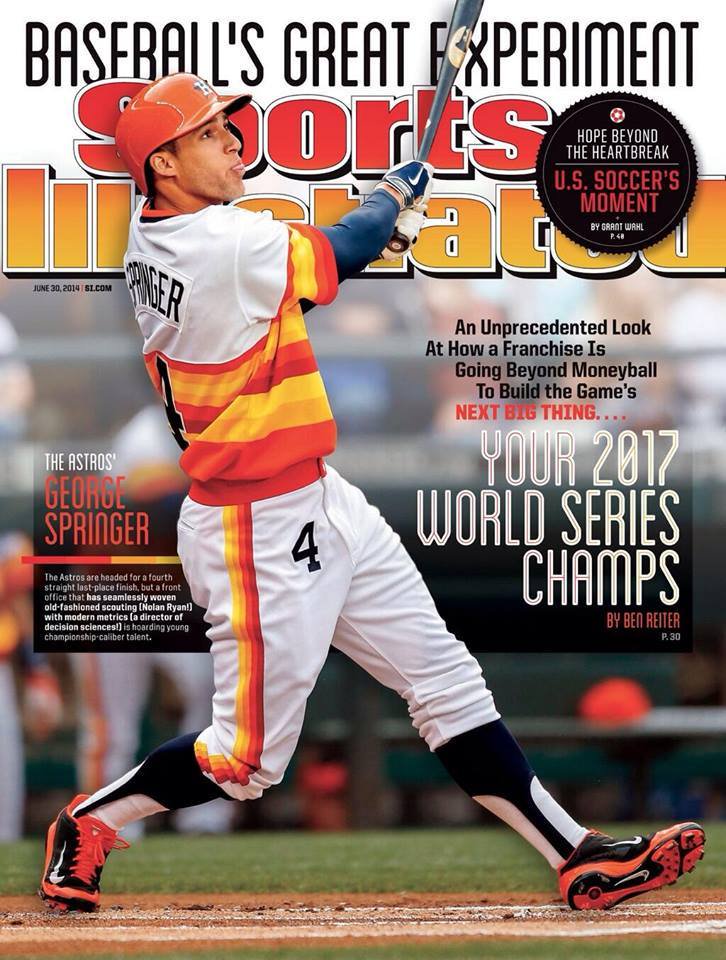- May 8, 2014
- 4,553
- 11,239
- AFL Club
- Port Adelaide
- Other Teams
- Boston Red Sox, Boston Celtics, QPR
One Astros player I am absolutely stoked to see win a World Series: Evan Gattis
This time ten years ago, he was a janitor for an IT company, then he was admitted to a psychiatric hospital for anxiety, depression and substance abuse. His dad picked him up, as he was driving him home, talked him into playing baseball again. Got drafted in the 23rd round by the Braves in 2010. Now he's a World Series champ. Much love and respect to this bloke.
https://en.wikipedia.org/wiki/Evan_Gattis
This time ten years ago, he was a janitor for an IT company, then he was admitted to a psychiatric hospital for anxiety, depression and substance abuse. His dad picked him up, as he was driving him home, talked him into playing baseball again. Got drafted in the 23rd round by the Braves in 2010. Now he's a World Series champ. Much love and respect to this bloke.
https://en.wikipedia.org/wiki/Evan_Gattis
Last edited:





